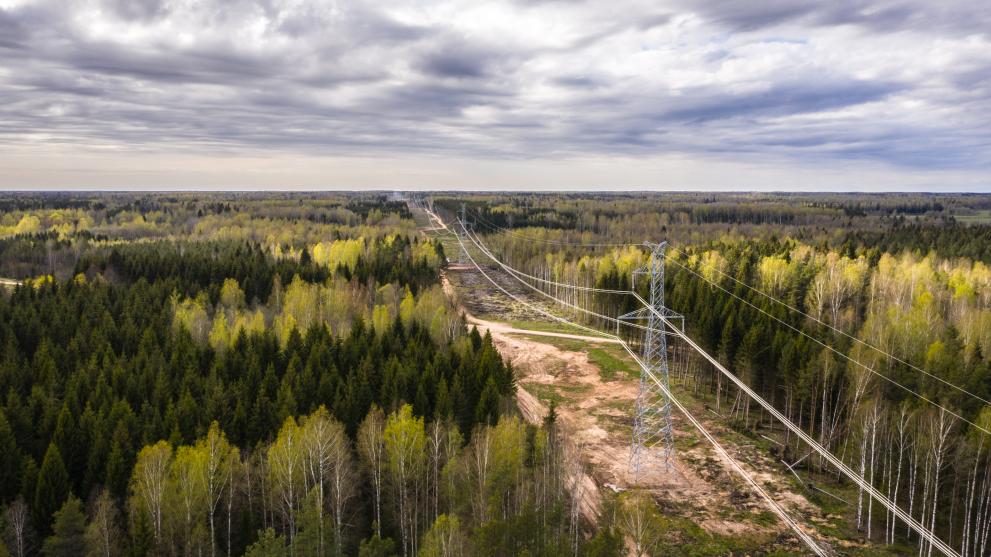
The Estonia-Latvia third electricity interconnection, which has received €112 million from the Connecting Europe Facility, out of a total cost of approximately 170 million, has been completed and will start operations on 1 January 2021.
The Estonia-Latvia third electricity interconnection, is an EU Project of Common Interest that aims to increase the security of supply by reinforcing north-south electricity connections and develop the electricity market in the Baltic region. By increasing the capacity by approximately 600 MW at the border between Estonia and Latvia, the project will allow energy transfer, facilitating the potential integration of renewable energy sources into the grid. The new lines (the interconnection comprises the Harku-Sindi and Kilingi-Nõmme-Riga lines) will also provide a reliable corridor for the electricity market and significantly improve the security of supply in the Baltic states. At the same time, the connection is an important prerequisite for connecting Estonia and the other Baltic States to the continental European Network (CEN).
The CEF Energy grant, awarded in 2014, covered the construction of the interconnection between Kilingi-Nõmme (Estonia) and the combined heat and power substations in Riga (Latvia) as well as the works to build the internal line between Harku and Sindi in Estonia. The construction of the lines comprising the third Estonian-Latvian electricity connection was completed in December 2020, while the interconnection is planned to be fully commissioned by mid-2021.
CEF Energy programme
The CEF programme in the energy sector provides funding to infrastructure projects in electricity, natural gas and smart grids with the aim to better interconnect energy networks towards a single energy market in Europe. The programme supports the key objectives of the Energy Union by promoting further integration of the internal energy market, enhancing security of energy supply and integrating energy from renewable sources into the network. To be eligible for a grant, a proposal has to relate to a PCI included in the Union-wide list adopted biennially by the Commission. In total, €4.7 billion of EU funding has been allocated to energy cross-border infrastructure projects so far.
Details
- Publication date
- 22 December 2020
